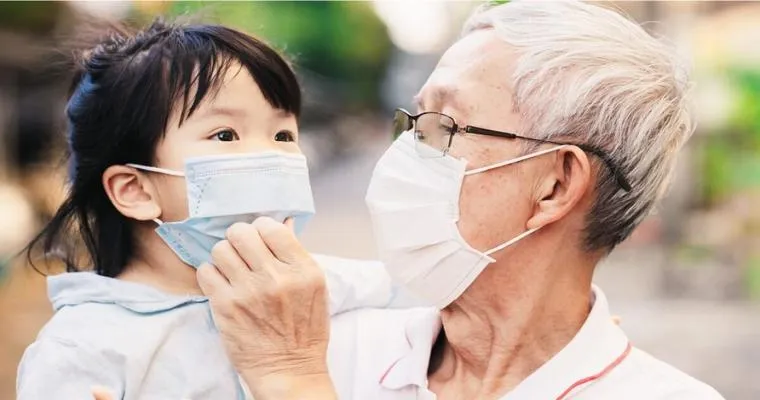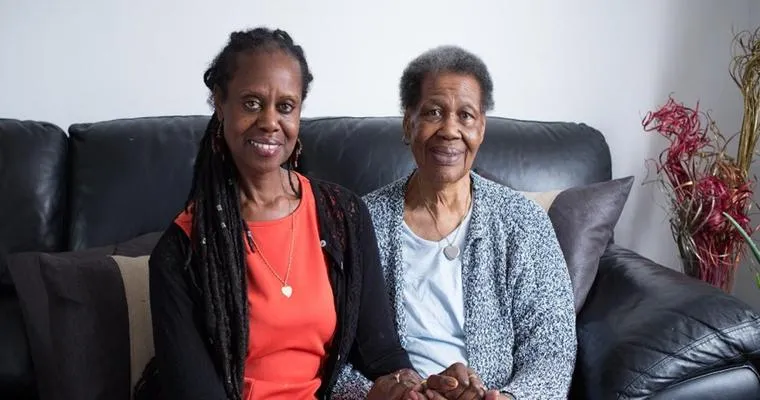As the world continues to navigate the challenges posed by the "Coronavirus", it is crucial to prioritize the safety and well-being of "seniors", who are among the most vulnerable populations. With their immune systems often compromised and underlying health conditions prevalent, understanding how to effectively protect seniors against the virus is essential. This article will provide practical tips and strategies to ensure that your loved ones remain safe and healthy during these trying times.
Understanding the Risks
Seniors face a higher risk of severe illness from "COVID-19" due to age-related factors and potential comorbidities. It is important to stay informed about the latest "guidelines" from health authorities and to understand the specific risks associated with the virus. By being aware of these risks, caregivers and family members can take proactive measures to mitigate exposure.
Vaccination
One of the most effective ways to protect seniors against "Coronavirus" is through vaccination. Vaccines have been shown to significantly reduce the risk of severe illness and hospitalization. It is essential to encourage seniors to stay up to date with their vaccinations, including booster shots as recommended by health officials. Discussing the benefits of vaccination with your loved ones can help alleviate any concerns they may have.
Hygiene Practices
Maintaining good hygiene is a cornerstone of preventing the spread of the virus. Encourage seniors to practice regular handwashing with soap and water for at least 20 seconds, especially after being in public places. If soap and water are not available, hand sanitizers with at least 60% alcohol can be an effective alternative. Additionally, seniors should avoid touching their face, especially their eyes, nose, and mouth, to minimize the risk of infection.
Social Distancing
To further protect seniors, it is crucial to practice "social distancing". Keep a safe distance from others when in public places, ideally maintaining at least six feet of separation. Encourage seniors to limit their interactions with individuals outside their household and to use technology for virtual gatherings instead of in-person meetings. This helps to reduce the risk of exposure while still allowing them to stay connected with family and friends.
Mask Wearing
Wearing masks in crowded or indoor settings can provide an added layer of protection against "COVID-19". Encourage seniors to wear high-quality masks, such as N95 or surgical masks, especially when they are in public spaces. Educating them on the importance of mask-wearing can help reinforce this protective measure.
Safe Shopping and Errands
When it comes to grocery shopping or running errands, consider alternative options that minimize exposure. Many grocery stores offer delivery or curbside pickup services, which can be a safer choice for seniors. If they must go out, advise them to visit during off-peak hours when stores are less crowded and to always wear a mask.
Health Monitoring
Regular health monitoring is vital for seniors. Encourage them to keep track of any symptoms related to "COVID-19", such as cough, fever, or difficulty breathing. If they experience any of these symptoms, it is important to seek medical advice promptly. Additionally, routine medical check-ups should not be neglected, as managing any pre-existing conditions is crucial for overall health.
Creating a Support System
Establishing a strong support system can greatly enhance a senior's ability to stay safe during the pandemic. Family members and friends should regularly check in on them, whether through phone calls, video chats, or safe visits. Having a reliable support network can help seniors feel less isolated and provide assistance with daily tasks that may be challenging.
Conclusion
Protecting a senior against "Coronavirus" requires a multifaceted approach that includes vaccination, hygiene practices, social distancing, and creating a supportive environment. By following these guidelines, you can help ensure that your loved ones remain safe and healthy during these unprecedented times. Stay informed, stay vigilant, and together we can navigate this crisis while keeping our seniors protected.





